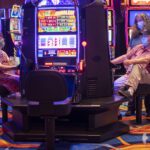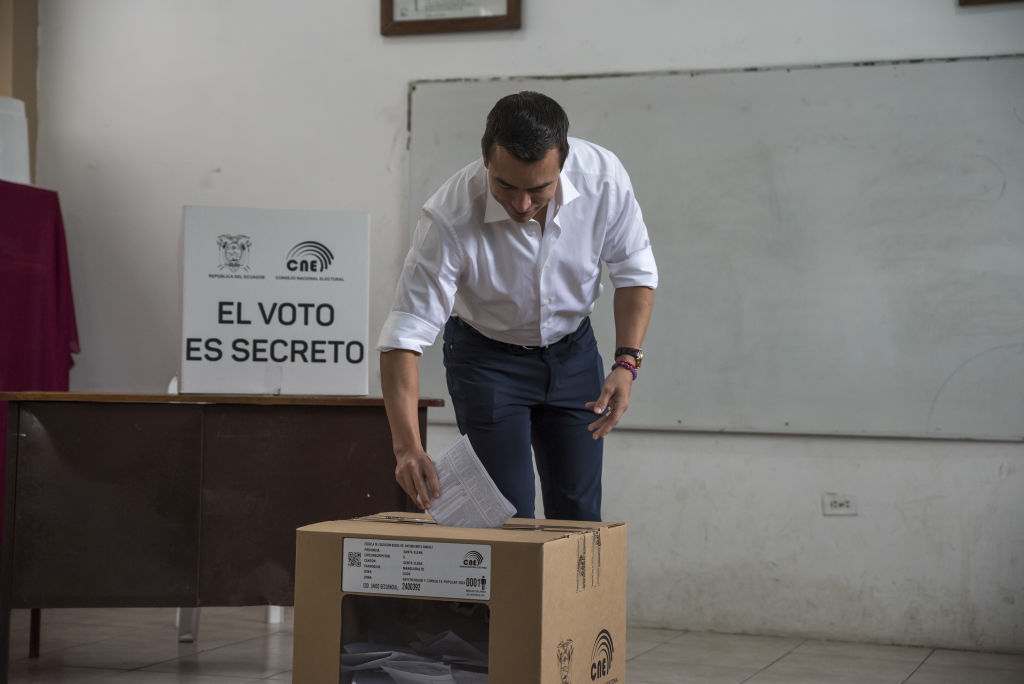

Ecuador Votes to Tighten Security Measures Amid Nationwide Wave of Violence
QUITO, Ecuador — Ecuador’s fledgling president got a resounding victory Sunday in a referendum that he touted as a way to crack down on criminal gangs behind a spiraling wave of violence.
[time-brightcove not-tgx=”true”]
An official quick count showed that Ecuadorians overwhelmingly voted “yes” to all nine questions focused on tightening security measures, rejecting only two proposals on more controversial economic measures.
The quick count was announced by the head of the Electoral National Council, Diana Atamaint. It confirmed a private exit poll released hours before that indicated a resounding victory and sign of support for President Daniel Noboa, the scion of a wealthy banana exporting family.
Among the measures approved are President Noboa’s call to deploy the army in the fight against the gangs, to loosen obstacles for extraditing accused criminals and to lengthen prison sentences for convicted drug traffickers.
Ecuador was traditionally one of South America’s most peaceful countries, but it has been rocked in recent years by a wave of violence, much of it spilling over from neighboring Colombia, the world’s largest producer of cocaine. Last year, the country’s homicide rate shot up to 40 deaths per 100,000 people, one of the highest in the region.
Read More: Ecuador in Turmoil After ‘Most Wanted’ Criminal Escapes Prison: What to Know
Noboa has rallied popular support by confronting the gangs head on. That task became more urgent in January when masked gunmen, some on orders from imprisoned drug traffickers, terrorized residents and took control of a television station while it was live on the air in an unprecedented show of force.
Following the rampage, the 36-year-old president decreed an “internal armed conflict,” enabling him to use emergency powers to deploy the army in pursuit of about 20 gangs now classified as “terrorists.”
The referendum, in which 13 million Ecuadorians were called to vote, contained measures to extend those powers and put them on firmer legal ground.
Some of the measures approved imply changes to Ecuador’s constitution, but because they were previously endorsed by the Constitutional Court, Noboa only needs to publish them in the official gazette to go into effect. Some of those initiatives are the ones related to the use of the army and extradition.
For the changes that require changing some general laws, the president will have to send a reform proposal to the Assembly, which will have 60 days to process them.
Noboa, ahead of the final tally, celebrated the results. “We’ve defended the country,” he said in a message posted on social media. “Now we will have more tools to fight against the delinquent and restore peace to Ecuador’s families.”
Noboa’s law and order rhetoric recalls the policies of El Salvador’s wildly popular president, Nayib Bukele, a fellow millennial, and could give him a boost politically as he prepares to run for reelection next year.
Noboa, is serving the final 18 months of a presidential term left vacant when fellow conservative Guillermo Lasso resigned amid a congressional investigation into allegations of corruption. Noboa was elected following a shortened but bloody campaign that saw one of his top rivals brazenly assassinated while campaigning.
Get the latest work and career updates delivered straight to your inbox by subscribing to our magazine category today. Stay informed and ahead of the game with Subscrb.
The content on this website has been curated from various sources and is for informational purposes only. We do not claim ownership of any of the content posted here, all rights belong to their respective authors. While we make every effort to ensure that the information is accurate and up-to-date, we cannot guarantee its completeness or accuracy. Any opinions or views expressed on this website are solely those of the original authors and do not necessarily represent our own. We do not endorse or take responsibility for the content or actions of external websites or individuals linked from this website. Any reliance on the information provided on this website is done at your own risk. Please note that this article was originally seen on the source website TIME, by the author Gonzalo Solano / AP
-
SALE!



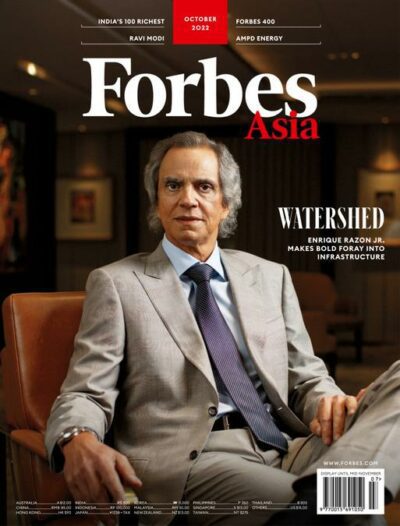
Forbes Asia Magazine Subscription
From: RM220 / year -
SALE!


Fortune Magazine Subscription
From: RM118 / year -
OUT OF STOCK

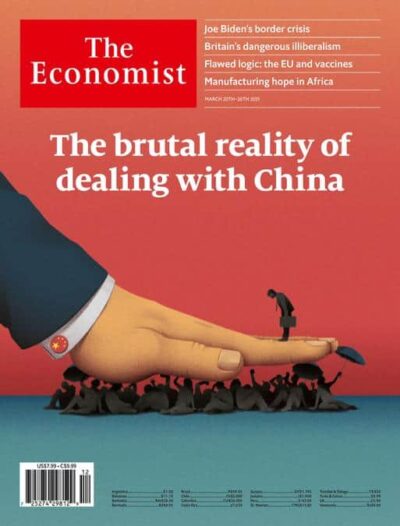

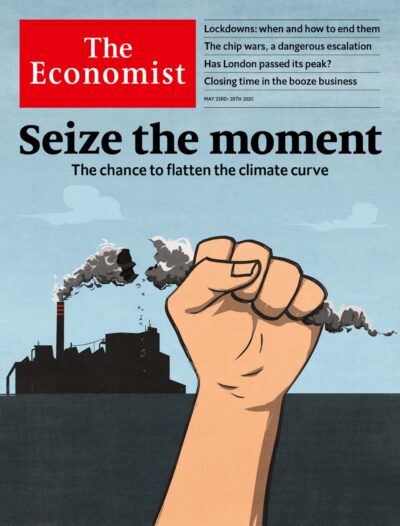
The Economist Magazine Subscription
From: RM1530 / year -

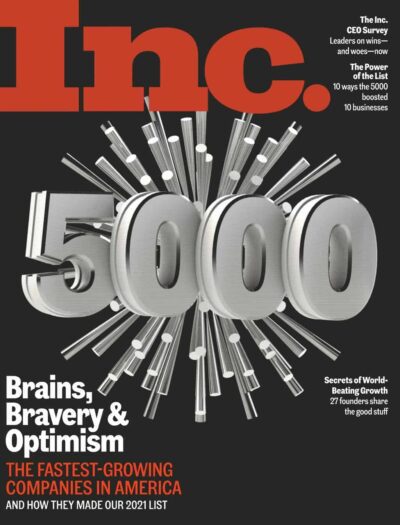
Inc. Magazine Magazine Subscription
From: RM22 / year -


Consumer Reports Magazine Subscription
From: RM22 / year -

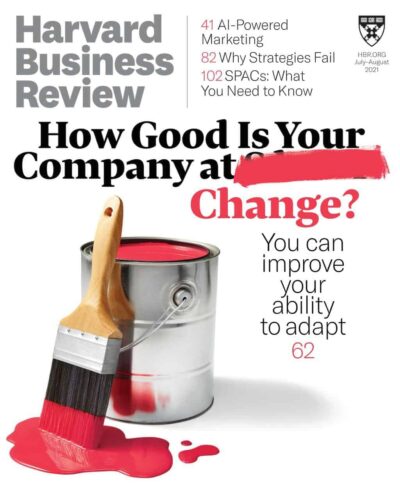
Harvard Business Review Magazine Subscription
From: RM83 / month -

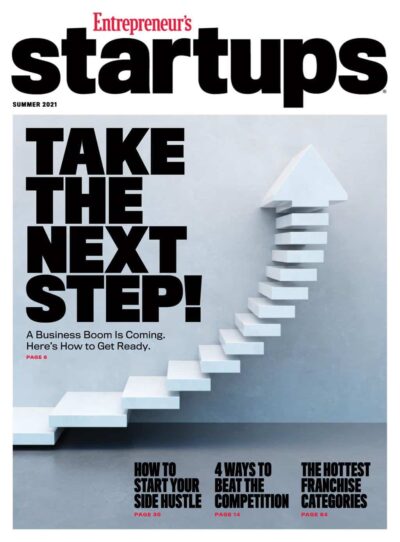
Entrepreneur’s Startups Magazine Subscription
From: RM4 / year -

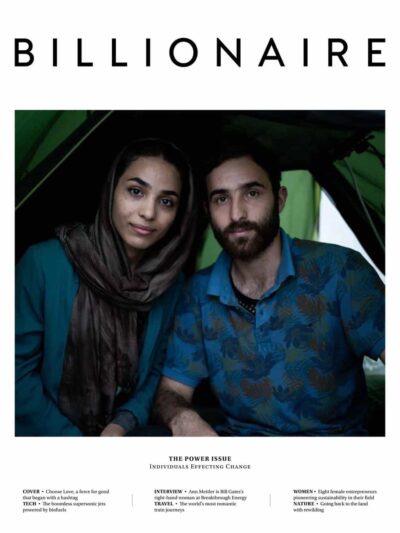
BILLIONAIRE Magazine Subscription
From: RM131 / year



